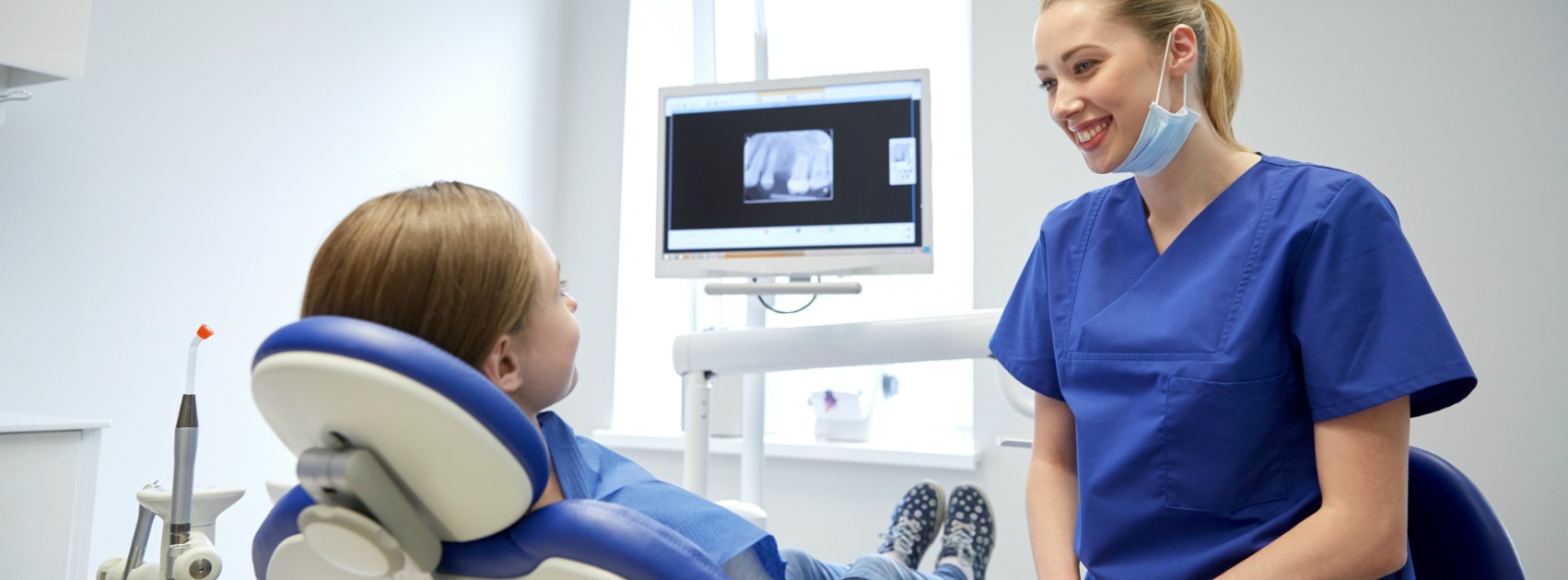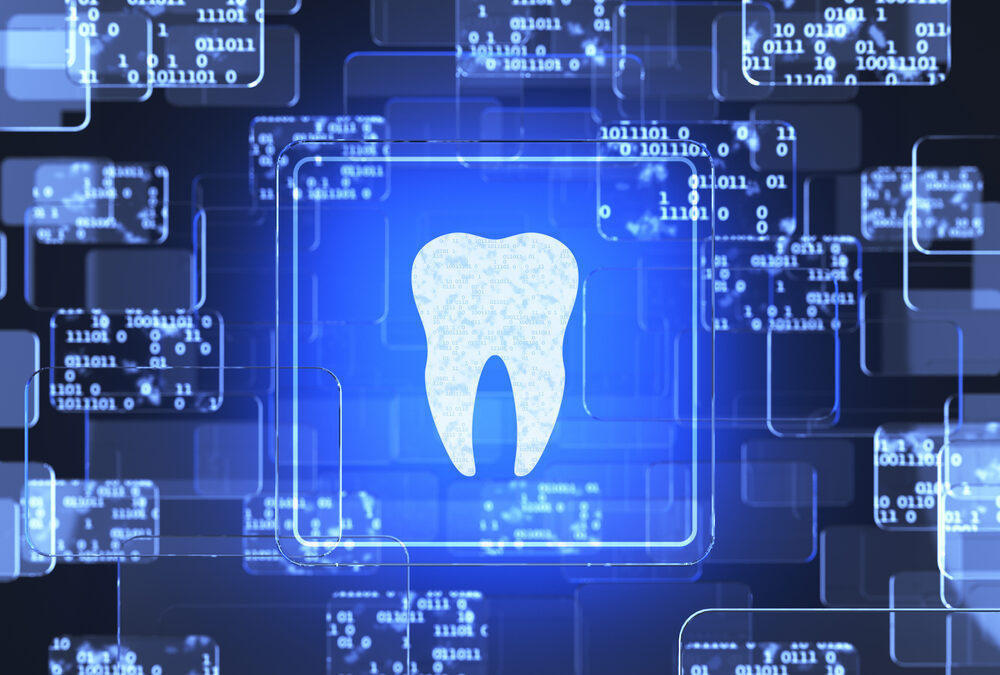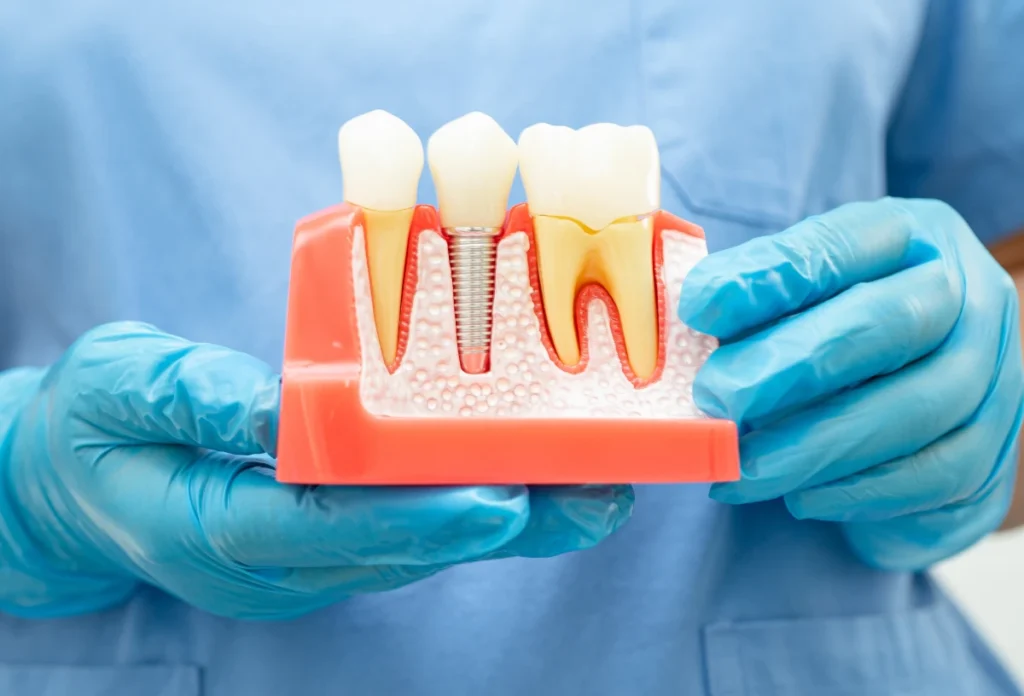Updated: 1/10/2020
If you have any type of dental insurance, health insurance or a discount dental plan, you may be familiar with provider networks. A provider network is simply a list of doctors, dentists or facilities who have a contract with your health or dental program to offer the program’s members services at an agreed-upon price.
But why do they exist? Why are provider networks necessary? Can’t I use any dentist or doctor I want?
At 1Dental, we get this question a lot when interested individuals and families ask us about our discount plans, so we thought it would be helpful to share a little bit of information about provider networks: how they work, why they’re there and how you can make the easy transition to one of these providers.
How Do Provider Networks Work?
In-Network Providers
For dental insurance plans, there are in-network and out-of-network providers. In-network providers have a contract with your insurance company. This contract stipulates that the dental office can only charge you a certain amount at the time of your visit and then they [the dental office] must file a claim with the insurance company for their office to be paid the rest.
Out-of-Network Providers
Out-of-network providers do not have a contract with your insurance company. They can charge you, the patient, the full amount of service at the time of your visit, after which you can then file a claim with your insurance company. Your insurance may reimburse you for part of this bill or none of it. It will depend on several factors, including: the insurance company you use, the treatment you received and the total cost of the visit.
Dental Discount Plan Network Providers
Discount dental plans work a little differently than traditional dental insurance plans because they are NOT insurance. Discount dental plans use networks of dentists who agree to offer discounted rates of service (the discounts you see on 1Dental’s fee schedule, for example) directly to the plan’s members. There are a few reasons why dentists agree to this, which I’ll talk more about below, but it’s something that actually benefits both the patient and the dentist.
The dentists in the network have contracted to offer these discounted fees. The savings can only be obtained at a dentist within the network since dentists outside of the network have not agreed to offer the discounted rates.
Why Do Provider Networks Exist?
There are a few reasons why dental insurance companies want their members to stay in-network:
- The providers in their network have met their quality standards so they know they will be a good resource for their members.
- In-network care is less expensive for the member and the insurance carrier. If a member goes to an out-of-network provider, they [the member] end up paying more upfront and the insurance carrier ends up paying more later on.

For discount dental plans, dentists that are on our list of providers have agreed to offer lower discounts. Dentists agree to this arrangement for several reasons:
- They join a large network that has millions of members, which helps them attract more customers to their practice.
- Administrators at dental offices don’t have to spend as much time trying to get in touch with traditional insurance companies for reimbursements for their practice and can instead receive payment immediately.
- For many discount dental plans (like the Careington 500 Plan), patients can use their plan right away once they become a member. They don’t have any waiting periods so dentists do not have to turn patients away if they haven’t heard from the dental insurance company yet.
- Dentists are able to increase their treatment plan acceptance rates (the number of treatment plans they propose to patients for work that is needed that are then accepted by the patient) because the treatments are more affordable with the discounted rates so patients are more likely to come back and get those treatments done.
- They are able to spend less time on marketing and more time providing quality care to their patients because the discount dental plan company is already helping them with that, just by being a member of the plan.
As such, dental plan members should visit a dentist in their plan’s provider network. With over 90,000 dental access points in the U.S. who accept 1Dental’s discount dental plans, finding a dentist in our network should be easy to do. If you have trouble though, please give us a call at 855-772-4512 so we can help you find a dentist.
Dentists who are not a part of 1Dental’s multiple networks can apply to join the network and start the vetting process.
We want to make sure, like most network administrators, that the dentists we recommend are high quality and certified to practice dentistry. That’s why each dentist goes through a vetting process. If you have a dentist you love, consider recommending him/her to 1Dental’s network of providers!
How Can You Make an Easy Transition from One Dentist to Another?
If you have an insurance plan, visit your dental insurance company’s website to see what dentists are in their network. Below, we provide some tips for choosing a dentist using 1Dental’s discount dental plan and making the transition to that dental office. You can apply some of the same principles to choosing another dentist using your own dental insurance or discount dental plan.
Choosing a New Dentist Using 1Dental’s Discount Dental Plan
If you want to switch dentists to take advantage of savings with your discount dental plan, here are some steps to help you transition to a new dentist near you:
- Go to 1Dental’s provider page, type in your zip code, plan type and the kind of dentist you would like to see and a list of dentists will appear for you to choose from.
- Write down a couple of dentists’ names who are close to where you live.
- Ask friends and family if they have heard of this dentist and what they thought about them.
- Search online for reviews about the dentist.
While we vet our dentists that are listed in our provider network, it’s always good to do your due diligence in finding the right dentist for you. Are they open on the weekends? Do they stay open late on weekdays or open early so you can make it to the dentist before or after work? Are they good with kids?
Making the Transition

Just because you visit a new dentist doesn’t mean that you have to forsake your old one just yet. Try out this new provider and see how you like them. You may need to visit a couple of different ones, but you might find someone you really enjoy, just as much or even more as your previous doctor or dentist!
When you visit the new office, make sure you tell the administrator about what office you were previously at. They may be able to pull your records so they don’t have to redo everything. Some dentists may want to go ahead and do all new x-rays though. Talk to the dentist to find out, but if you are given the option, let them know which you would prefer them to do.
Transitioning to a new provider isn’t always easy, but being able to save more money will be worth it in the long-run.
Personal Account: I’ve made several transitions between dentists in the last few years (with new moves and switching dental coverage). It wasn’t always easy, but now I’ve found a dentist I love and am paying a price that is extremely affordable using 1Dental’s discount dental plan.
What are you most concerned about when it comes to switching providers? Tell us in the comment section below.






